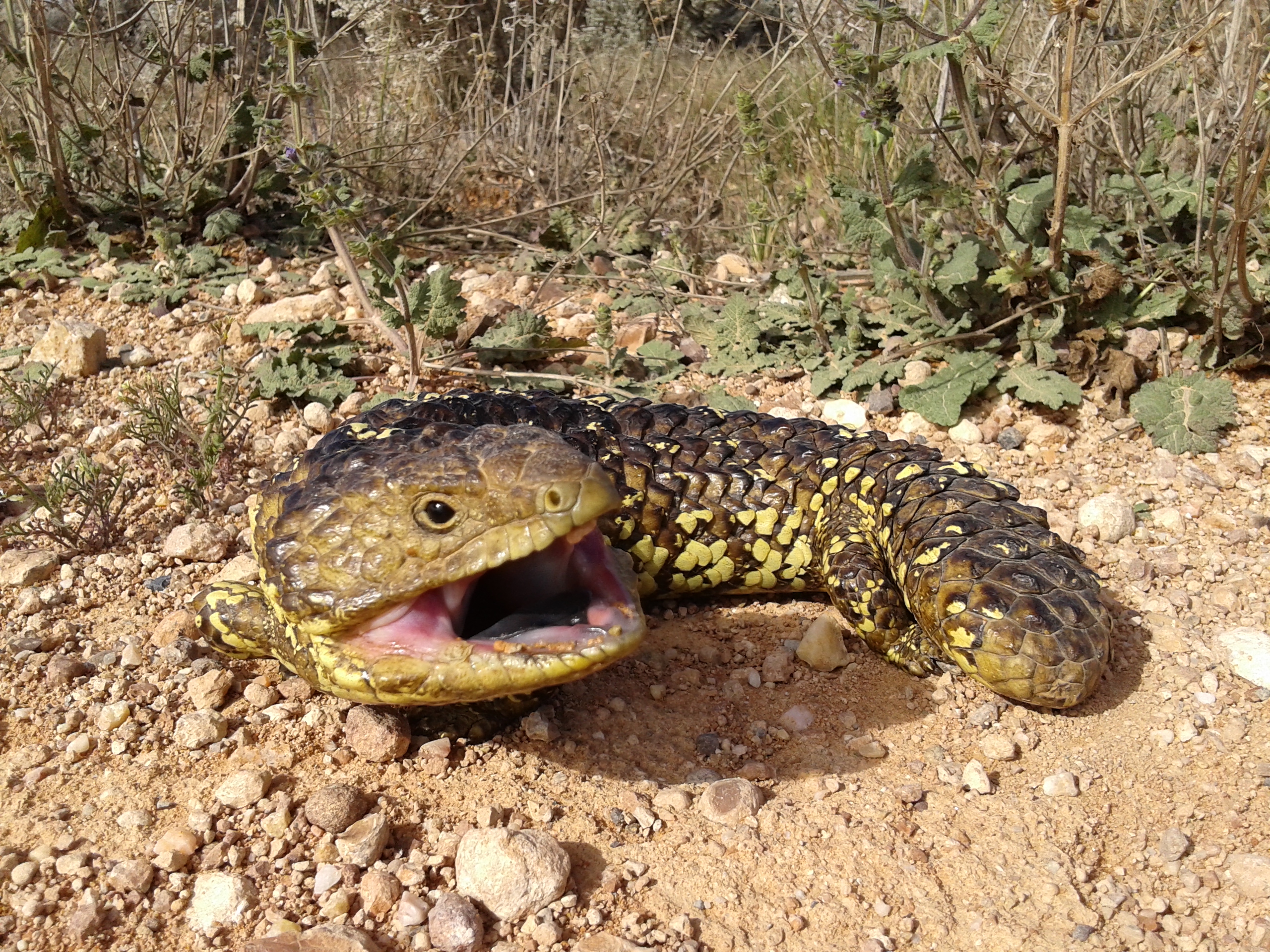
Research interests of the LEGS lab focuses on population genetics, molecular ecology, major histocompatibility complex (MHC) genes, evolution, and sociality, and spans a diverse range of animal study species.
ARC funded project DP2300100002 – Pair bonding: is it all in the brain?
This project aims to understand the interaction between classic pair bonding neural circuits, parasites, and the immune system in sleepy lizards. Social bonds are a cornerstone of human societies, especially true of the pair bond and this project expects to generate knowledge to help understand why healthy adult pair bonds are the single best predictor of longevity in humans. The expected outcomes of this project are to reveal the mechanistic basis of pair bonding by identifying the brain regions, cell types and neurochemicals that promote pair bonding behaviour — for the first time in a wild animal. This project should provide significant benefits by increasing our knowledge of how pair bonds promote wellness.
Lynea joined this project as a Fulbright fellow and will be working on the ARC grant after the conclusion in August 2023. This project is in collaboration with Lauren O’Connell (Stanford University USA), Andy Sih (UC Davis USA), Terry Bertozzi (SA Museum), and Steph Godfrey (University of Otago NZ).
ARC funded project DP200102880 – Can parasites drive host population divergence?
Parasites have been proposed to be drivers of population divergence, and ultimately speciation, yet the dynamics of this process are not well understood. This project will utilise new genomic techniques, novel hybrid zone analyses, and data on mate choice, to investigate the hypothesis that parasites drive population divergence through an interaction with immune response genes in the sleepy lizard Tiliqua rugosa. This species provides an unprecedented system, backed by 40 years of long term host-parasite and behavioural data, and recent genetic analyses. This project intends to produce significant data to allow an examination of the early stages of host-parasite evolution in action, providing novel insights into the speciation process.
Investigators –
Lead CI Mike Gardner (Flinders University)
PI Steve Cooper (SA Regional Facility for Molecular Ecology and Evolution – SARFMEE)
PI Rob Miller (University of New Mexico)
PI Andy Sih (University of California, Davis)
PI Steph Godfrey (University of Otago)

ARC funded project LP1901000715 – Mitigating against climate change – genomics and mixed source populations in wildlife translocations.
Translocation is a conservation strategy to help the plight of endangered species, and is becoming increasing important to mitigate against climate change. However translocations often fail. Theory suggests mixing individuals from different source populations would benefit species’ genomic diversity and potentially success rates, however this is untested in animals. Also unclear is what parts of the genome are important for mitigating against climate change. Using an endangered lizard model, this project aims to understand how to best start new populations by 1) providing the first empirical test in terrestrial vertebrates of using mixed source populations; and 2) uncovering regions of the genome important for considering in translocations.
Investigators –
Lead CI Mike Gardner
PI Mark Hutchinson
PI Steph Godfrey
PI Terry Bertozzi
Linkage Partners –
Flinders University
South Australian Museum
University of Otago, NZ
DEPARTMENT FOR ENVIRONMENT AND WATER
RENEWABLE ENERGY SYSTEMS PTY LTD
THE FIELD NATURALISTS SOCIETY OF SA INC
Flow Power
NATURE FOUNDATION SA INC
ADELAIDE AIRPORT LIMITED

